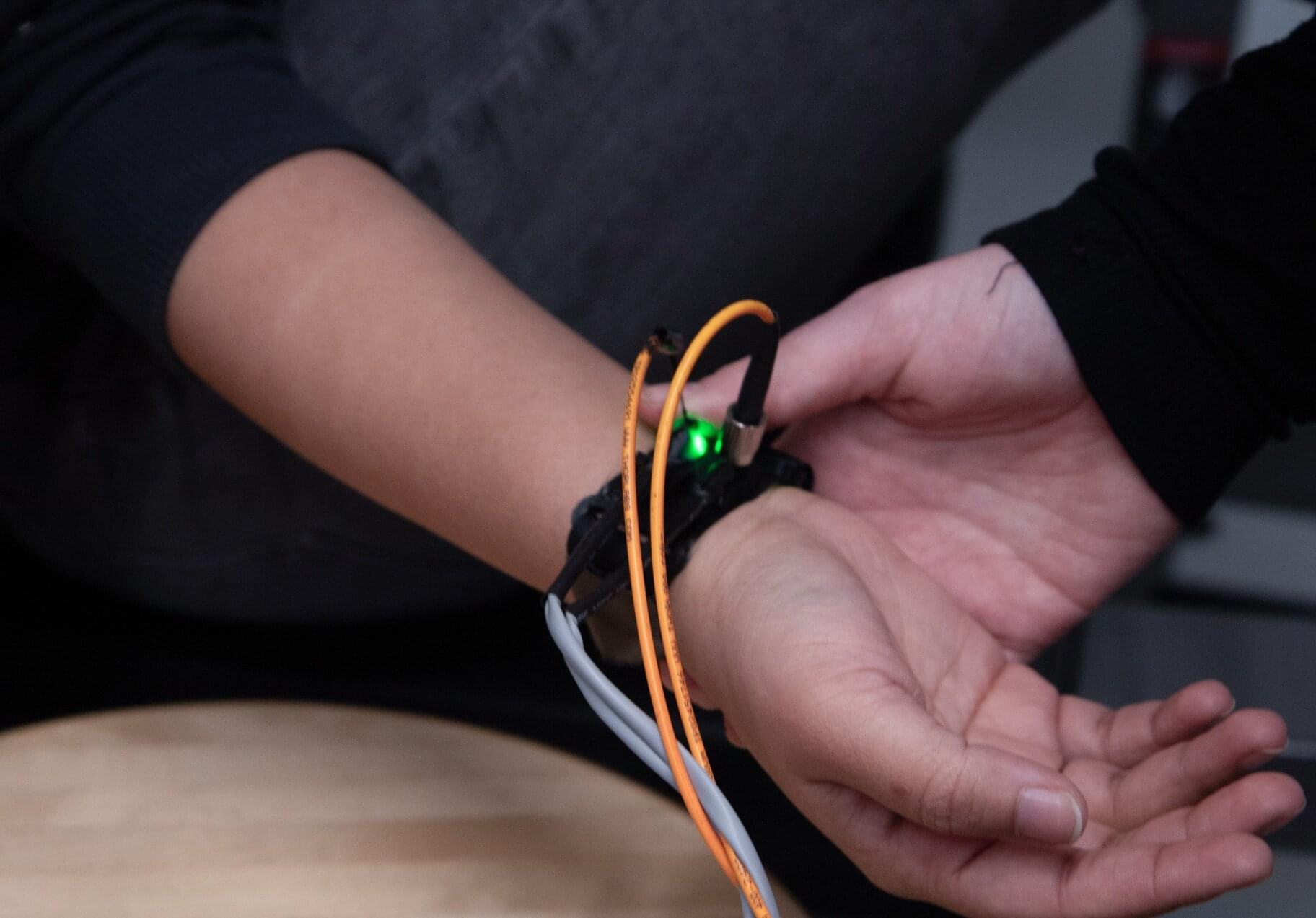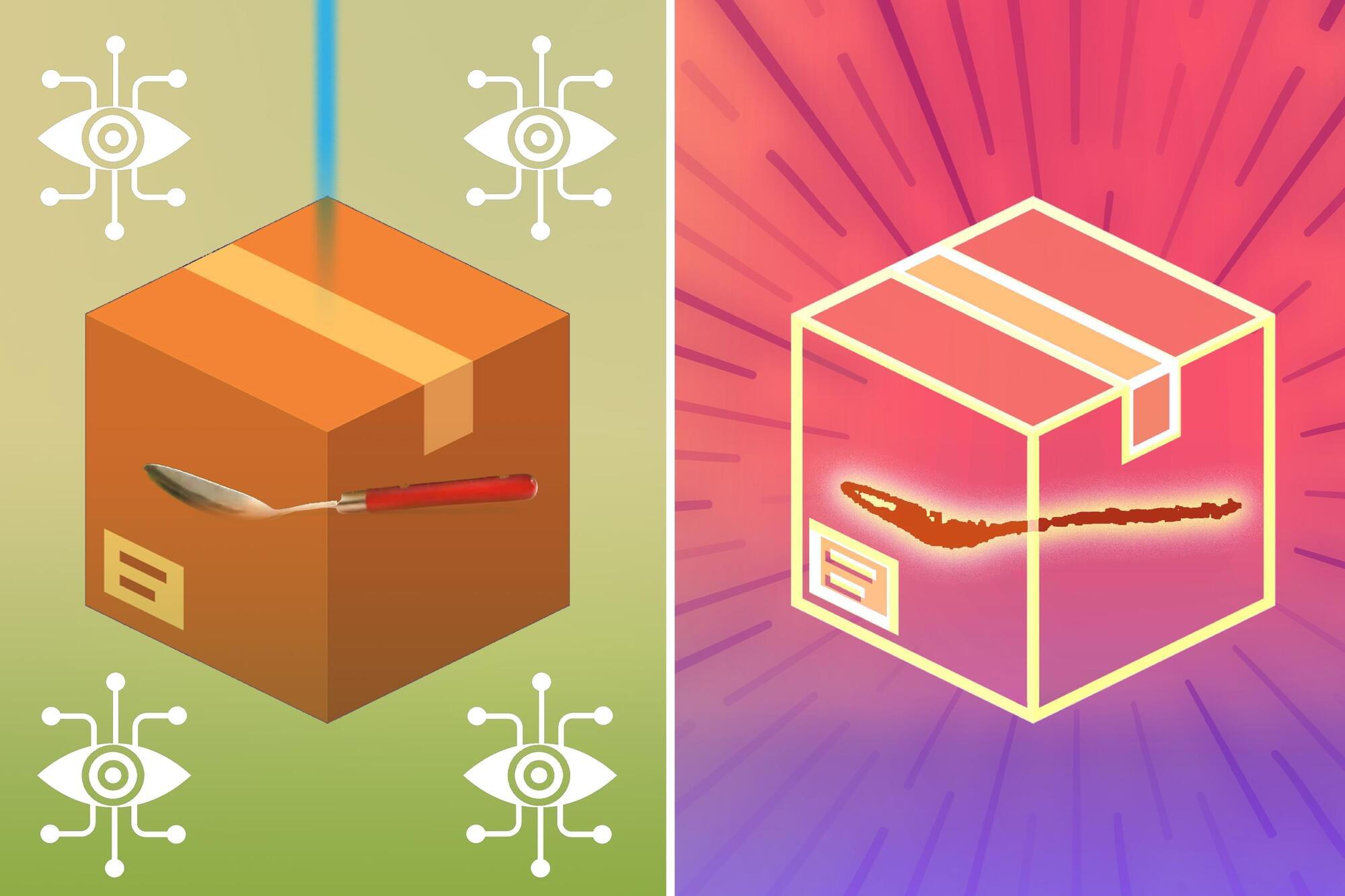Psychopaths share similarities in brain structure that differ to the rest of the population, a new study reveals, a discovery which could be crucial in developing our understanding of this personality disorder and how it might be treated.


Astronomy news always seems to break over coffee, on laptop startup. That was the case on Wednesday morning, when word of a curious new object started flashing across the message boards.



Cybersecurity researchers are calling attention to phishing campaigns that impersonate popular brands and trick targets into calling phone numbers operated by threat actors.
“A significant portion of email threats with PDF payloads persuade victims to call adversary-controlled phone numbers, displaying another popular social engineering technique known as Telephone-Oriented Attack Delivery (TOAD), also known as callback phishing,” Cisco Talos researcher Omid Mirzaei said in a report shared with The Hacker News.
An analysis of phishing emails with PDF attachments between May 5 and June 5, 2025, has revealed Microsoft and Docusign to be the most impersonated brands. NortonLifeLock, PayPal, and Geek Squad are among the most impersonated brands in TOAD emails with PDF attachments.
The Spanish police have arrested two individuals in the province of Las Palmas for their alleged involvement in cybercriminal activity, including data theft from the country’s government.
The duo has been described as a “serious threat to national security” and focused their attacks on high-ranking state officials as well as journalists. They leaked samples of the stolen data online to build notoriety and inflate the selling price.
“The investigation began when agents detected the leakage of personal data affecting high-level institutions of the State across various mass communication channels and social networks,” reads the police announcement.

Researchers have shown, for the first time, that speckle contrast optical spectroscopy (SCOS) can be used for cuffless blood pressure monitoring. The new technology could improve early detection and management of hypertension.
“Hypertension affects nearly half of all adults in the US and is the leading cause of cardiovascular disease,” said Ariane Garrett, a doctoral student in Darren Roblyer’s lab at Boston University. “This research is a step toward a wearable device that would let people monitor their blood pressure any time, without a cuff.”
SCOS is a noninvasive imaging technique that measures blood flow by analyzing speckle patterns formed by coherent light scattering from cells and tissue. While it has been used for other applications such as brain and tissue monitoring, this is one of the first studies to explore how SCOS signals relate to blood pressure.


A new imaging technique developed by MIT researchers could enable quality-control robots in a warehouse to peer through a cardboard shipping box and see that the handle of a mug buried under packing peanuts is broken.
Their approach leverages millimeter wave (mmWave) signals, the same type of signals used in Wi-Fi, to create accurate 3D reconstructions of objects that are blocked from view.
The waves can travel through common obstacles like plastic containers or interior walls, and reflect off hidden objects. The system, called mmNorm, collects those reflections and feeds them into an algorithm that estimates the shape of the object’s surface.
A new study at Emory Vaccine Center gets into the bone marrow.